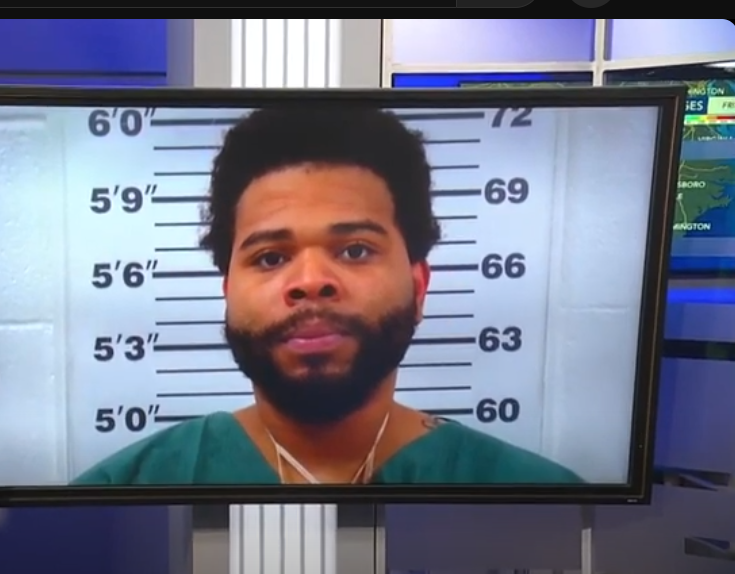Amarriah Smith had dreams of shaping young minds. At just 19 years old, the Elizabeth City State University student planned to follow in her mother’s footsteps and become an educator.
She was fun-loving, kind-hearted, and had a deep compassion for the elderly and individuals with special needs. But those dreams were violently stolen from her.
In January 2024, authorities discovered Smith’s burned remains in a pit and in the trunk of a car in Chowan and Beaufort counties.
The recently released autopsy confirmed the horrific nature of her death—Smith was possibly shot and then severely burned, rendering her unrecognizable.
“She was burnt so badly that it took DNA from me to identify her,” said her grieving mother, Terkessha Odom, in a recent interview with WRAL News. “It took over four months to confirm it was her.”
A Mother’s Plea for Justice

Odom refuses to let her daughter’s story be forgotten.
“I want people to look at her beautiful face and say, ‘Wow, that happened to her. It could happen to me,’” she said. “I want them to be cautious.”
She also questions why Jordan Isaiah Thomas, the man charged with Smith’s murder, was free to begin with.
Thomas, a tattoo artist who worked near ECSU’s campus, had a violent past. In 2020, he was charged with shooting another woman in Pasquotank County. However, the charge was dismissed, and he never served time.
“I wish there was a law that he could get charged with my murder too,” Odom said. “I swear, he’s killing me every day. A little bit of me is dying every day.”

The Pasquotank County District Attorney’s Office claimed that Thomas’ previous shooting was deemed unintentional, explaining that he allegedly accidentally discharged a firearm while trying to hide it.
But the woman he shot disputes that claim, insisting that the shooting was not an accident.
A Broken System and a Mother’s Pain
Adding to Odom’s anguish, more than a year after her daughter’s murder, she is still fighting bureaucratic red tape.
She has yet to receive a corrected death certificate for Smith, which has prevented her from settling her daughter’s affairs, including withdrawing her from school and accessing insurance funds.
“As a mother, I need that,” Odom said tearfully. “I have her birth certificate, but I don’t have her death certificate.”
She has reached out to state and county officials, but resolution remains elusive.
A Call to Action
Odom hopes that by sharing Amarriah’s story, she can protect other young women.
“If this can happen to our family, to such a sweet child, then this can happen to anyone,” she warned. “It can darken anyone’s door.”
Odom has vowed to keep fighting—not only for her daughter’s legacy but also for accountability in a system that, in her eyes, failed to protect Amarriah.
